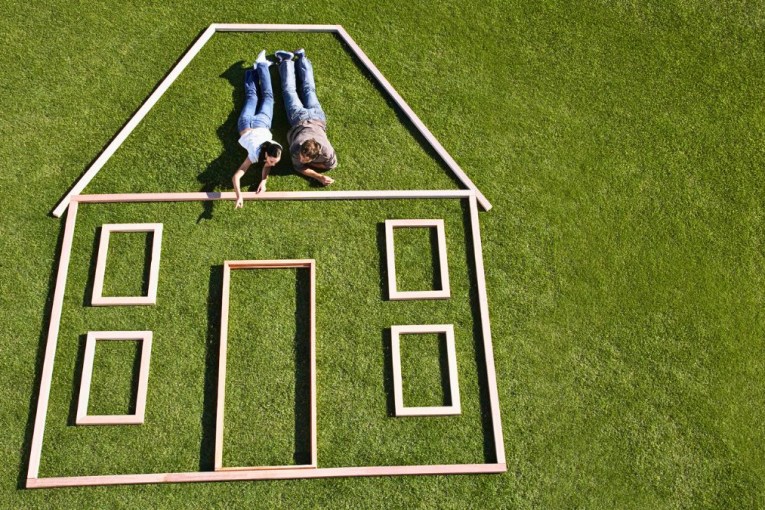One in three kids not prepared for school, and they aren’t to blame

Most Australian kids will be back in classrooms from Monday, following months of at-home learning for some.
But a new study has revealed that even before the upheaval caused by the pandemic, one in every three Australian kids was not ready to go to school – and it wasn’t the children’s fault.
A study has found that of the 4000 Australian children entering their first school year, 640 (16 per cent) were being held back by their parents.
That may be because they aren’t being read to at home, or their parents are being inconsistent with their day-to-day approach and not following through with what they tell their child they will do.
Those students, aged between four and five, were more disadvantaged than their school peers because of the psychological distress their parents may be causing them at home.
Kids of parents with “low” parenting abilities were 12.4 times more likely to have emotional and behavioural difficulties at age eight.
“In other words, school readiness is not just a question of whether the child is ready for school, but also whether the child’s family, school and community are ready to support the child in going to school,” the researchers wrote.

Schools in Victoria have been closed to slow down the spread of the coronavirus. Photo: Getty
The study by the Telethon Kids Institute and the University of Western Australia shows there are many factors outside a student’s control that is affecting their ability to learn and develop strong social relationships.
Another 280 children from the study were deemed at risk of being emotionally immature.
The researchers said they lack the social skills to interact with others and are more likely to develop poor relationships with their teachers.
- Related: Has the pandemic left our children woefully behind? This is the real legacy of remote schooling
There were fears a further 280 children won’t be able to develop their language, cognitive and communication skills and general knowledge, as well or as quickly as their peers.
The odds of them having low reading comprehension in year 3 were 9.6 times higher than the other students.
The study concluded there needs to be a greater focus on environmental factors that influence how well a student is prepared for school.
“Our findings suggest that models of school readiness need to shift from a focus on child capacities to one that includes factors ‘outside’ the child, such as parent, school and community elements of school readiness,” the authors wrote.








